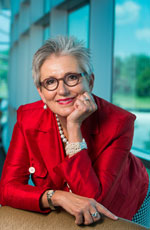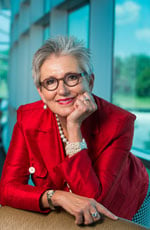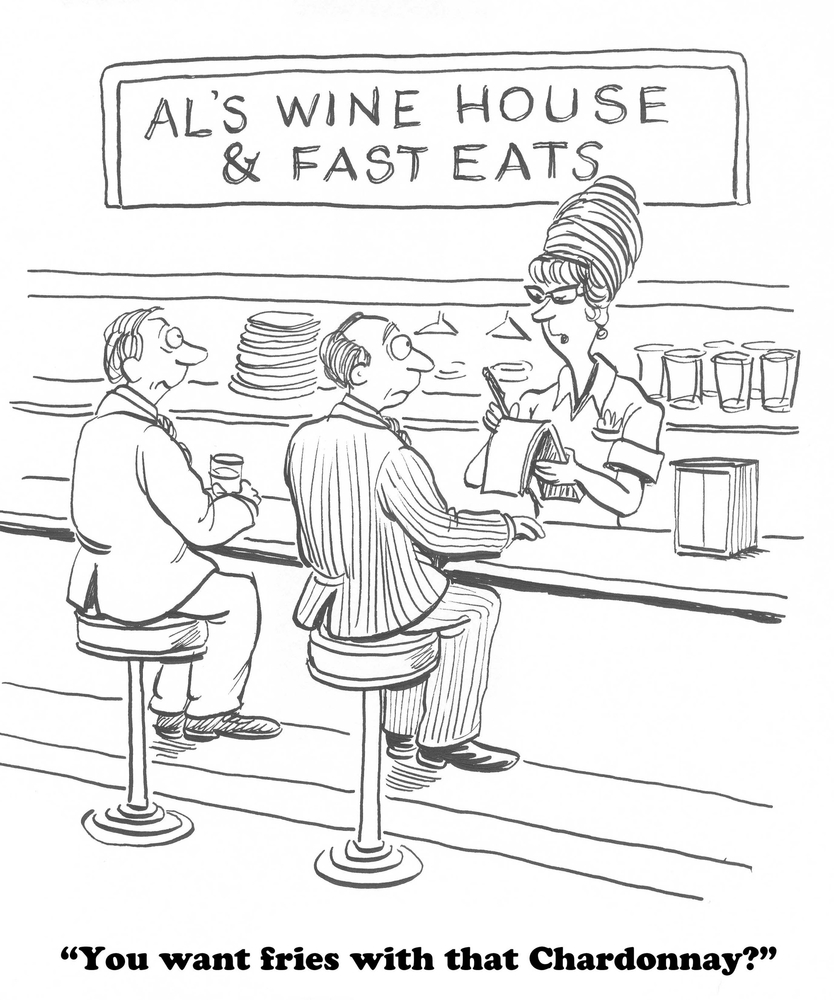Bringing Positive Psychology Coaching to Occupational Therapy and Beyond

 This is the second in a series of interviews of graduates of the Certified Positive Psychology Coach® Program. Many have fascinating coaching careers and will share some of their secrets with you. Look for this tag: CPPC Graduates.
This is the second in a series of interviews of graduates of the Certified Positive Psychology Coach® Program. Many have fascinating coaching careers and will share some of their secrets with you. Look for this tag: CPPC Graduates.
Welcome to the Interview with Winnie Dunn, PhD, OTR, FOATA, CPPC. Winnie is a Distinguished Professor of Occupational Therapy at the University of Missouri and is bringing positive psychology and strengths-based coaching to individuals and to the field of Occupational Therapy.
There are two parts to the interview. Audio, for those who prefer to listen, and written, for those who prefer to read. Different questions for each. Explore as you like!
Here's the Fascinating audio interview:
And here's the in-depth written the interview:
Winnie, are you currently practicing positive psychology coaching? Yes.
What is your niche or specialty? I provide coaching for other health and education professionals so they can incorporate coaching practices into their work (e.g., teachers, occupational therapists, speech therapists). I provide coaching for families who have children with conditions (e.g., autism, developmental conditions) to support them to navigate within their lives.
What else are you doing besides coaching? I am a Distinguished Professor at the University of Missouri.
What positive psychology coaching tools do you find most useful for your clients? It is particularly important for the professionals to remember to be CURIOUS. In their training, they learned how to be experts, and so can jump forward to anticipated outcomes and begin asking leading questions. Remaining Curious reminds them to stay in the present moment. I have also found PROVOCATIVE questions to be useful. It takes courage to use them, and lots of reflection to identify when they will be helpful to move insights along.
Which of your strengths do you find most useful in coaching your clients?
Creativity: I can see many facets of a situation, giving me an exploratory spirit
Notice patterns: I see relationships among factors that others might not consider
Be strategic: I understand the importance of context to someone's decision making and insights
Show compassion: I recognize the emotional part of someone's journey even with what seems like practical decision making
What project/job/initiative that you are working on are you most excited about? The state of Kentucky has embraced the use of coaching for their Early Intervention services [birth to 3]. They hired 3 experienced providers to serve as the Master Coaches for the state. I designed their entire training and competency plan. I am working with the Master Coaches to become excellent coaches themselves while also supporting them to create the materials and activities they will use with the rest of the providers across the state. We are also using a web platform for self reflection and feedback [TORSH]. We can upload coaching video sessions, and provide feedback and reflective questions in real time on the videos.
How has becoming a Certified Positive Psychology Coach® helped your career or helped you serve your clients? I had been conducting studies about coaching with families as the coaching profession was growing itself. I decided that someone on our research team needed to learn coaching from not just the literature, but from a substantial program. Since I use strengths based approaches in my work, the CPPC program was particularly suited to my philosophy and approach to care [I am an occupational therapist]. Having this certificate has provided external validation for our work in coaching, and has the added benefit of a positive psychology approach, which resonated with our research designs and practices. Colleagues ask more questions and are more reflective in their consideration of coaching approaches now.
What else have you studied since graduating as a CPPC? I am already an occupational therapist, special educator and have my doctorate in Applied Neuroscience. The CPPC program enhanced those areas. The CPPC program provided additional structure for how we teach coaching to others for their projects.
What’s next for you as a positive psychology coach? I am starting on a research project with a colleague at Thomas Jefferson University. I will be supporting interdisciplinary providers to coach families of children who are living with a spinal cord injury. We are working on additional studies of coaching using Telehealth communication to serve families in remote locations.
Do you have a quote about positive psychology and/or coaching that you’d like to share? Positive Psychology Coaching empowers others to live their best lives with our support...what could be a more satisfying way to engage with others but in service to their goals and aspirations?
What else would you like people to know about you and about what you do? People contact us through our website: www.dunnandpopecoaching.com
NOTE: Winnie's partner, Ellen Pope, also studied at School of Coaching Mastery
We're proud of the great work that pioneers like Winnie Dunn are doing to serve others. If you're inspired to keep learning and offering more to your clients, consider joining the Certified Positive Psychology Coach® Program:



